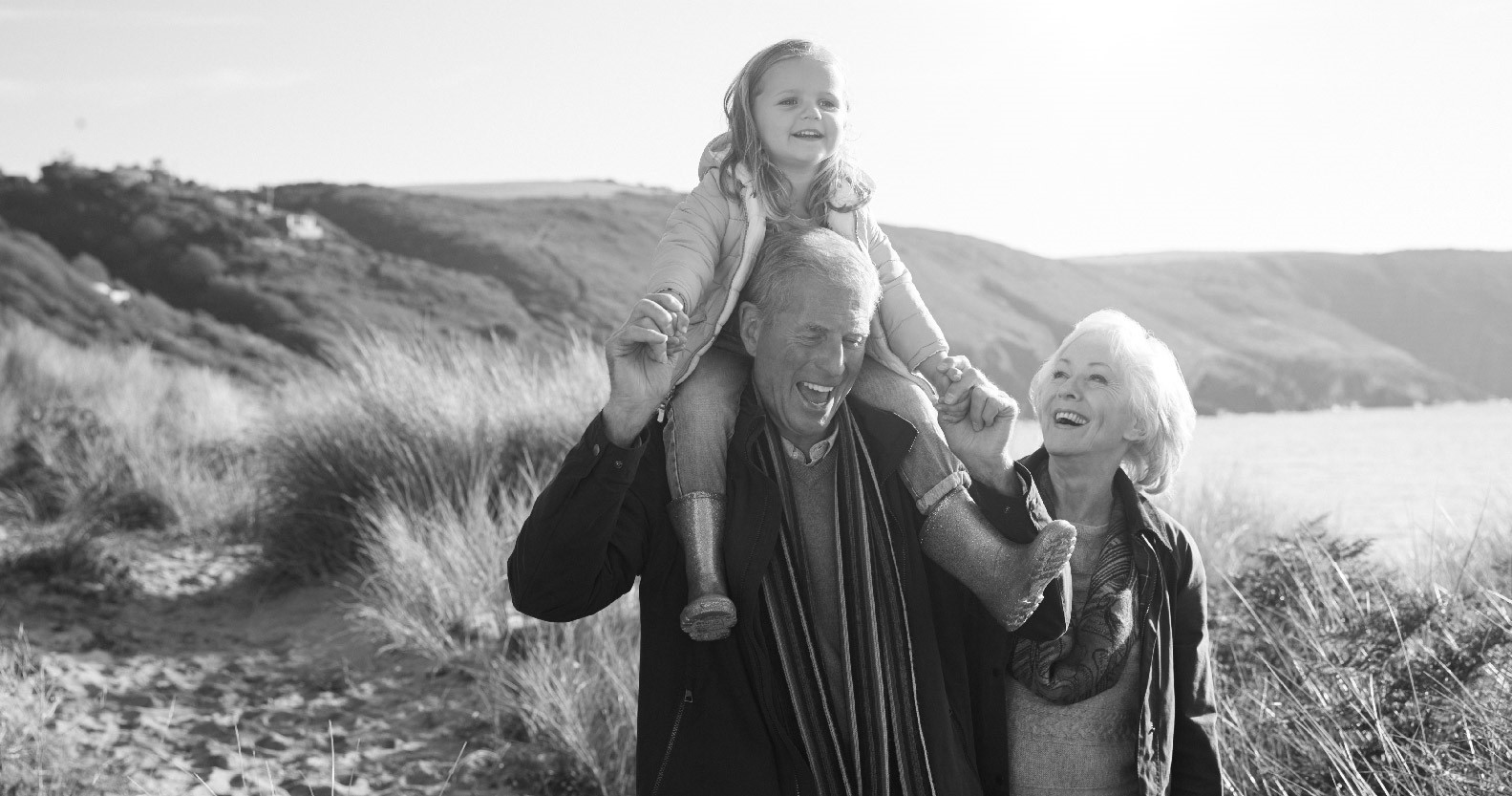Underpinning the collaborative law process is a written agreement in which you and your former partner commit to reaching an agreement and settling matters without going to court. Both of you – alongside your solicitors – will work together to bring about an agreement. This is a process that minimises correspondence, as negotiations and important decisions take place in what are called 4 way meetings.
The agenda is set by you
The agenda will be set by you both and offers flexibility to achieve an outcome that might well differ from what a court might order. You will be advised throughout on what a court would consider appropriate even if your respective advisers differ in their views as to outcome. Your lawyer can also give advice outside of the 4 way meeting, but they must in turn be prepared to repeat that advice at the 4 way meeting if required. The approach is one of openness and transparency.
 The progress is often tailored to the pace of the slowest person in the room, but it can proceed quickly if both parties want and can cope with that. That means that the 4 way meetings can be held close together and provided both parties have their financial information available, a conclusion can be reached and made binding within weeks rather than months.
The progress is often tailored to the pace of the slowest person in the room, but it can proceed quickly if both parties want and can cope with that. That means that the 4 way meetings can be held close together and provided both parties have their financial information available, a conclusion can be reached and made binding within weeks rather than months.
If additional advice or assistance is required from IFAs, pension actuaries or other experts they can be brought into the process, jointly instructed by both parties, often attending the 4 way meeting so both parties can hear what they advise.
It is ultimately your process
Although guided by the lawyers, the onus is on you and your former partner to make the decisions and reach an agreement. If the collaborative process breaks down, the two collaborative lawyers will not be able to take any further part in the process and both parties will have to instruct new solicitors.
Karen Anker is a collaboratively trained solicitor and can guide you through the process.







